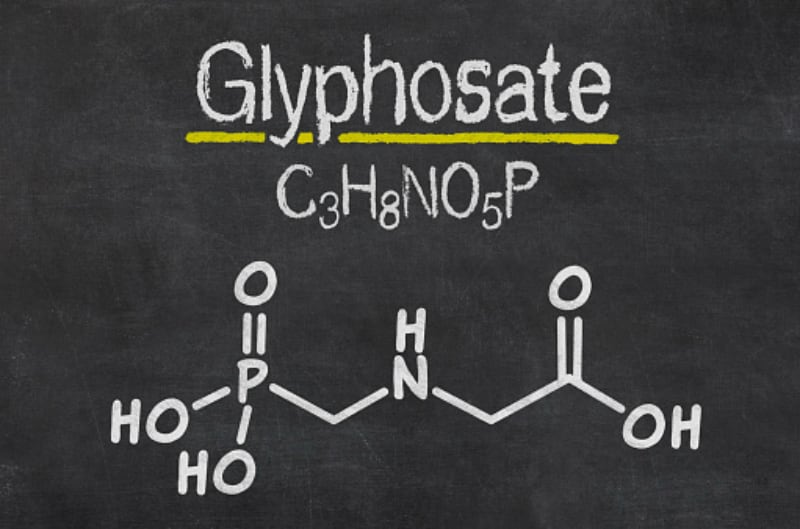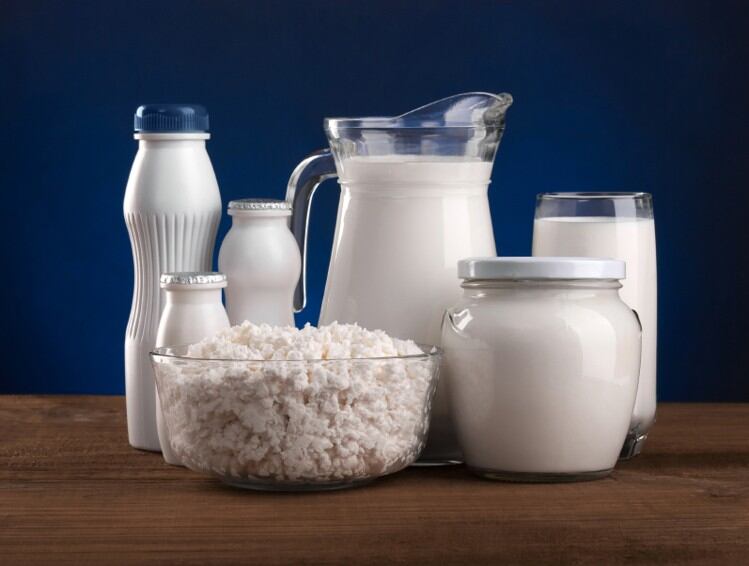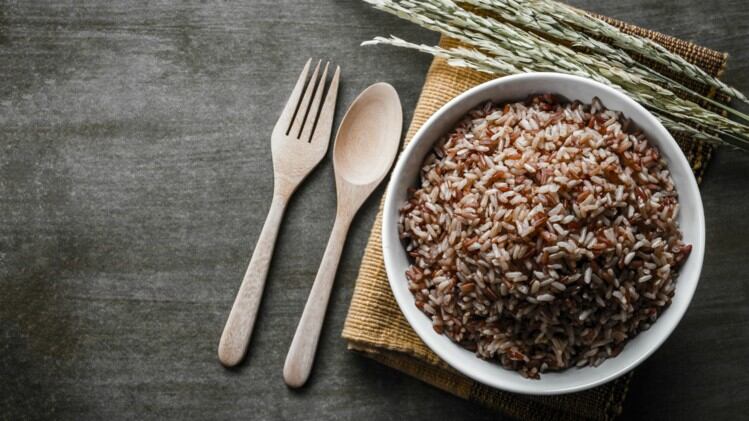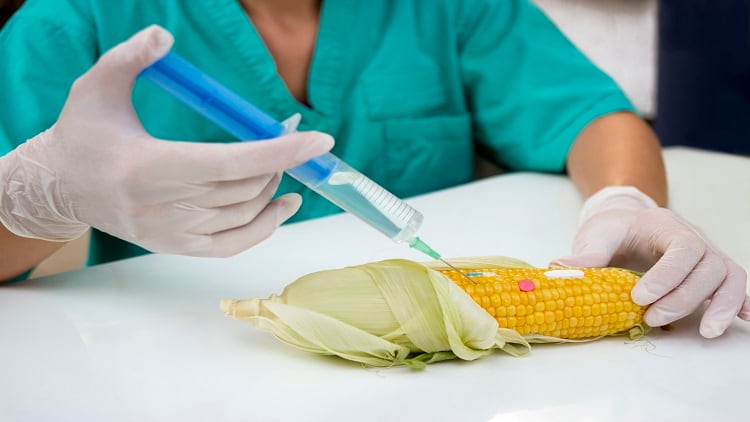In an official statement, the Indian food safety regulatory body said: “There is a possibility of higher levels of residues of the herbicide Glyphosate in pulses, thereby adversely affecting the health of the consumers [in India].
“In this regard, while forwarding the samples of pulses for testing, Authorised Officers are directed that the labs [are to test for Glyphosate, and the relevant data] shall be shared with FSSAI HQ, New Delhi every 15 days.”
The statement also announced that Maximum Residue Limits (MRL) specified in international Codex Alimentarius standards will be used when granting import clearances, as India does not have any national standards for MRL despite over 5 million tonnes of pulse imports.
The types of pulses expected to be affected are beans, lentils, peas and soya beans. As per Codex standards, the glyphosate MRL for beans stands at 2mg/kg, followed by lentils (5mg/kg), peas (5mg/kg) and soyabeans (20mg/kg).
India is one of the world’s biggest pulse producers but also imports a good deal of these, especially from Australia and Canada. Together, the two countries make up some 56% of India’s total lentil imports.
According to reports, recent Canadian Food Inspection Agency (CFIA) tests reportedly revealed an average 282 parts per billion (ppb) of glyphosate in lentils and pulses grown in Canada, and 1,000 ppb in those grown in Australia, numbers which are considered high.
Pulses from Canada and Australia
In a news report published on the FSSAI website, Moong dal (lentils) from Australia and Masoor dal from Canada are expected to be handled with extra caution.
This is due to specific mention by Indian-Canadian food security activist Santanu Mitra, whose allegations were what spurred FSSAI into taking action.
On his website, Mitra has detailed his many efforts on getting authorities to take action on glyphosate, including his frustrations in dealing with the Canadian government on the issue.
“[Highly] toxic lentils and pulses are now being imported from Canada, Australia etc without any testing if those levels of glyphosate are allowed in India, and more importantly, if India has ever checked on safety of glyphosate in seed crops,” said Mitra.
“I have had quite a few [meetings with Canadian politicians] to push back at glyphosate.”
“[Unless] Canada discloses hitherto hidden test records on safety of glyphosate, which the [government] received from Monsanto back in the 1970s and has been hiding till date, [success is difficult].
“In my view of the constitutional law, no product may be released to the people without releasing its safety document. And yet, the government hides it, and replaces it with a plethora of ‘independent scientific reports’ from around the world, selectively picked, that declare glyphosate to be safe.”
Mitra wants India to demand that Canada disclose their ‘hidden safety documents of Glyphosate’ for independent validation, as well as cancel all Canadian grain imports unless these are proven to be ‘free of all biocides that are not approved for use by India’.
In Australia, the country’s representative pulse industry representative Pulse Australia has defended the use of glyphosate.
“[Glyphosate] has been registered for use in Australia for 40 years. […] All registered agricultural and domestic garden chemicals, including glyphosate have been extensively reviewed by […] the Australian Pesticides and Veterinary Medicines Authority (APVMA),” it said to SBS Punjabi.
The Canadian glyphosate controversy: Government vs consumer
A 2017 CFIA study said that almost one-third of all the foods that it tested contained glyphosate residue, although residues above MRLs were ‘only’ found in 1.3% of samples.
Within this, the herbicide was detected in 47.4% of all bean/pea/lentil products tested, but with 0.6% above MRLs.
“This data was evaluated by Health Canada and no human health concerns were identified,” said CFIA.
“Basically, what this report] is saying to us is that the Canadian food system is safe,” said Aline Dimitri, CFIA deputy chief food safety officer and executive director to Producer.
However, many advocates and consumer activists fired back on these results, claiming that CFIA was downplaying the results.
“[These MRLs have never been scientifically determined or tested. I […] have never seen a single study that shows that there is actually a safe amount of glyphosate to ingest, so the MRLs used in the study are truly a moot point,” said consumer advocate Erin Brockovich on her Facebook page.
“It is far more significant that almost a third of the food supply tested in the study contained glyphosate. That’s alarming and unacceptable.”
Glyphosate in pulses
Glyphosate is one of the best-selling herbicides worldwide. It was considered safe up until 2015, but this status was revoked after the World Health Organisation’s International Agency for Research on Cancer (IARC) classified it as a possible carcinogen.
If consumed in large amounts, glyphosate can affect the body’s immune system and nutrient absorption.
Recently, a United States court ruled that glyphosate contributed to a person’s cancer, and that Monsanto (producer of Roundup, a glyphosate-based herbicide) “acted with reckless disregard for human health” by deliberately downplaying its risks.





